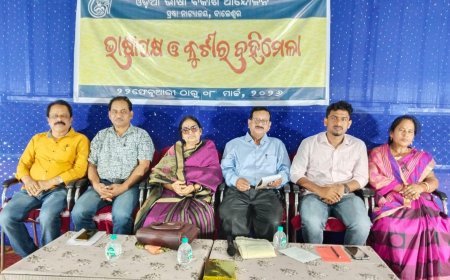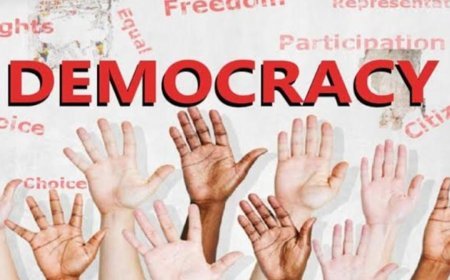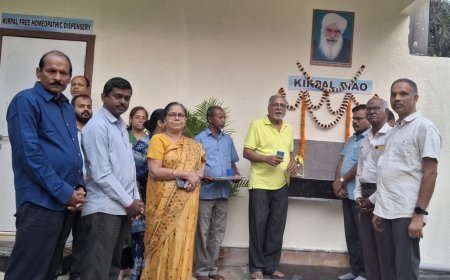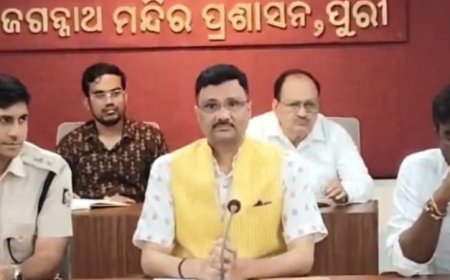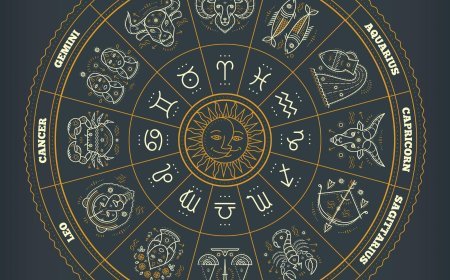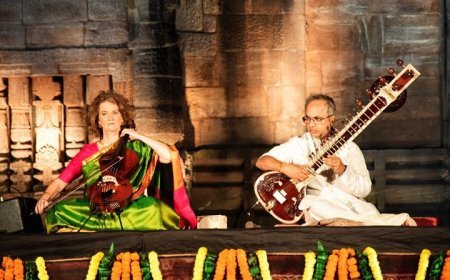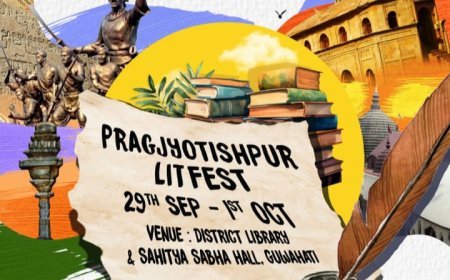When Destiny Whispers: The Unseen Hand That Guides Us
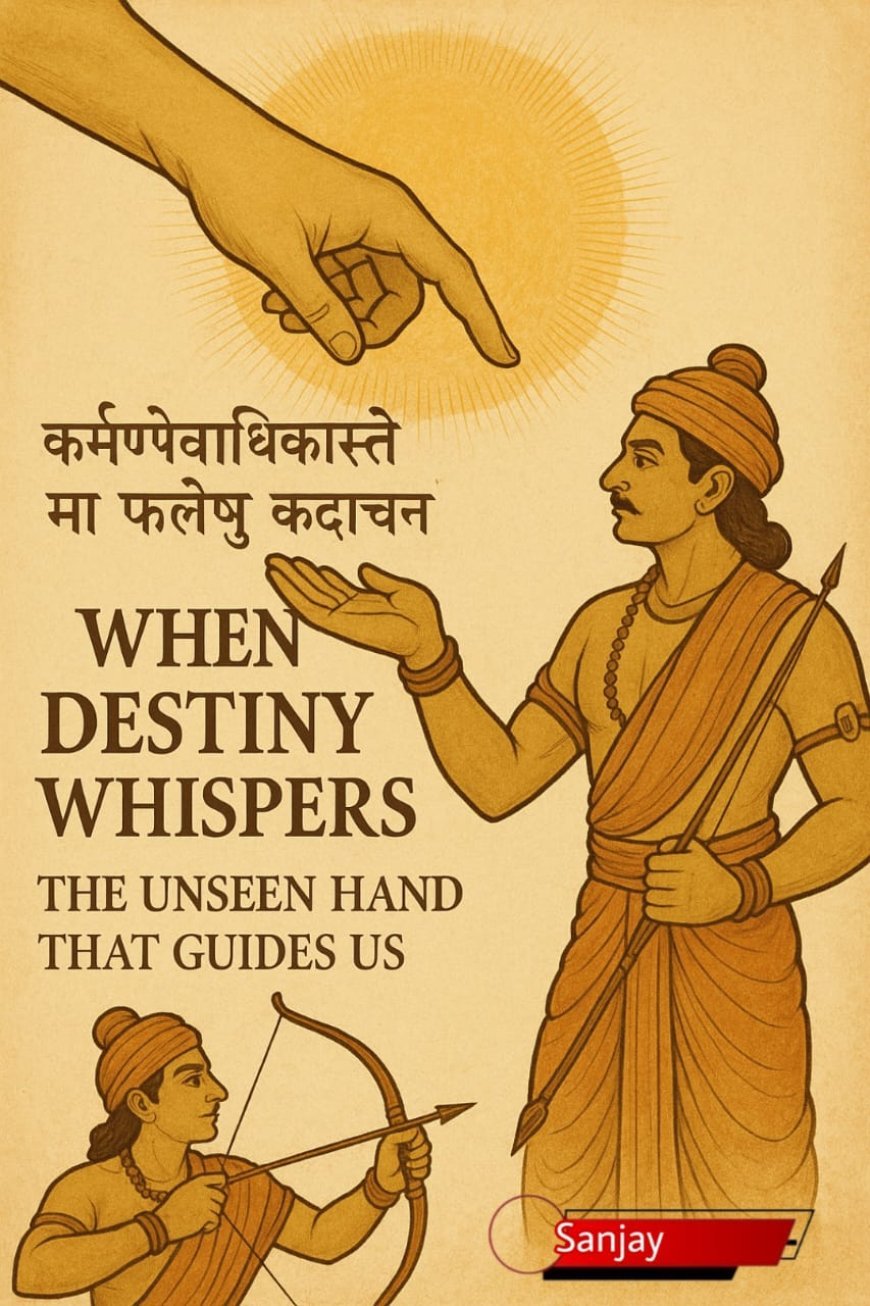
The Bhagavad Gita’s immortal verse "कर्मण्येवाधिकारस्ते मा फलेषु कदाचन" teaches us to act without attachment to the results, focusing on our duty (karma) rather than the outcome. This has inspired generations to believe in hard work and perseverance as the path to success. And yet, in a land where this teaching originated, millions continue to seek answers in astrology, palmistry, and divine predictions. Far from being a contradiction, this coexistence is perhaps a deeper understanding of life — where karma and destiny walk hand in hand.
While skeptics may cite examples like Hillary-Tenzing, Babur, or Sir Garfield Sobers to highlight the limitations of astrology, it is equally important to recognize how countless lives have found direction, strength, and solace through the guiding stars.
Let us not forget that astrology was born not to predict defeat, but to prepare one for the storms of life. In ancient India, kings consulted astrologers not to escape war but to choose the right moment to face it. Farmers relied on lunar calendars to sow their seeds in harmony with nature. And millions across generations have timed their marriages, investments, and pilgrimages based on celestial alignments — and found success.
Destiny Did Speak — And Was Heard
1. Dr. A.P.J. Abdul Kalam, the Missile Man of India, once shared how his family priest predicted his future in a local temple in Rameswaram when he was just a child. The prediction said he would serve the country in a grand way. Years later, the poor boatman’s son became the 11th President of India.
2. Mother Teresa, though guided by compassion and humanity, often credited divine visions and signs for shaping her decisions, including her move to serve the poorest of the poor in Calcutta. She did not seek material outcomes — but she believed she was following a divine path revealed to her.
3. Chanakya, the master strategist, meticulously chose the time of Chandragupta Maurya’s rise, aided by planetary positions. His deep understanding of nakshatras and shastras was not blind faith but strategic wisdom rooted in India's intellectual traditions.
Before the Everest expedition, Tenzing Norgay and Edmund Hillary went to meet the head priest of Pashupatinath temple in Kathmandu for an astrological consultation.
The head priest read their palms and categorically told them that neither of them would surmount the Everest and he further 'predicted' that one of them would die during the gruelling expedition. The duo didn't pay heed to the seer's 'prediction' and went on to become the first men to stand atop the world's highest mountain on May 29, 1953.
When young Zahiruddin Babar was getting ready for the Battle of Panipat in 1526, his nujoomi — Arabic for a soothsayer — warned him that he would lose the battle and might even die. Babar won the decisive battle to establish the Mughal Empire on the subcontinent that continued with all its glory till 1857, when Bahadur Shah Zafar was defeated by the English.
A six-fingered child with a couple of teeth was born in a poor family near Barbados. The village clergyman, who happened to be a face-reader and clairvoyant, immediately declared that the child was the Devil's son and would die before the age of 10. The child is still alive as an 81-year-old graceful man who is universally regarded as the greatest cricketer ever to have graced the greens. He is the legendary West Indian cricketer, Garfield Sobers.
The above mentioned instances are not with a view to casting aspersions on astrology, but to underline the fact that man can falsify any astrological prediction if he's determined to prove that wrong with his indomitable spirit to succeed in life.
Science or Superstition? The Middle Path
Astrology, like any ancient system, can be misused. There are certainly fraudsters and self-proclaimed seers who prey on fear. But discarding the entire system because of a few bad examples would be like abandoning medicine due to quacks.
It is important to understand that astrology does not claim to dictate your fate — it merely reflects the energy around you. It is a tool of insight, not a binding verdict. A good astrologer will guide you to make better decisions, not stop you from taking action.
The Harmony of Will and Wisdom
The examples of great men defying negative predictions show the power of human will, but they do not negate the subtle presence of destiny. Perhaps their victories were written in the stars — misread by those who lacked the depth to interpret them accurately. Or maybe it was their karmic resolve that altered their fate. Either way, the universe was not silent.
Believing in astrology is not weakness, as long as one does not surrender to it blindly. It is a spiritual compass, not a leash. Similarly, believing only in free will and ignoring the patterns of life can be arrogance disguised as confidence.
In the end, the wisest approach is balance — to act like Arjuna with courage and conviction, but to also listen like Bhishma, who understood the deeper play of time (kaal) and destiny.
Sanjay Pattnayak
Sundargarh








